
S. Venkataiah

68 books



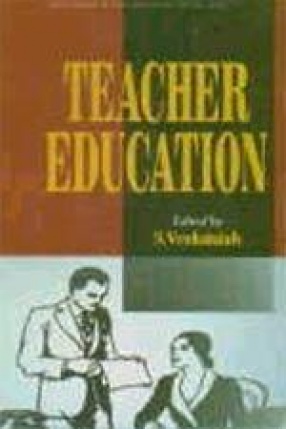

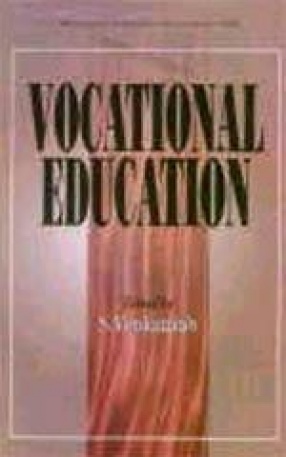

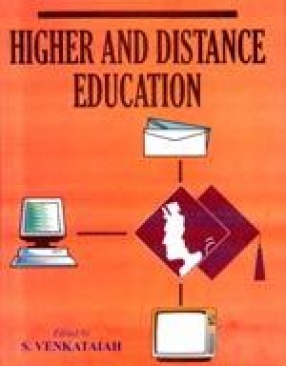





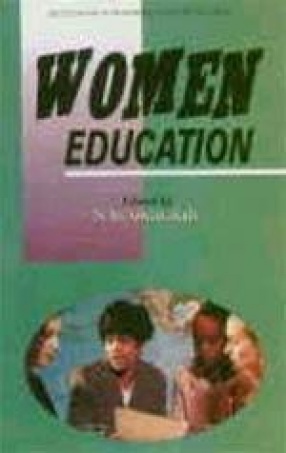

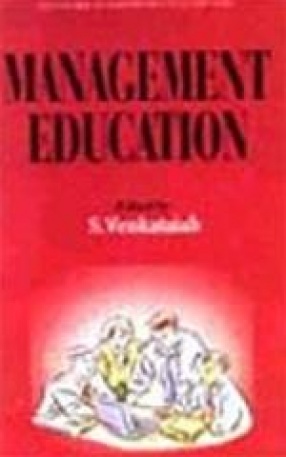
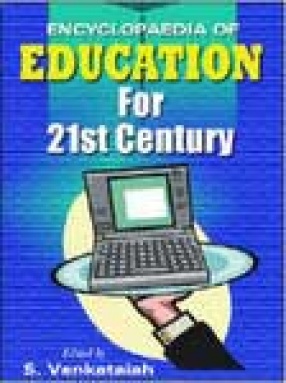

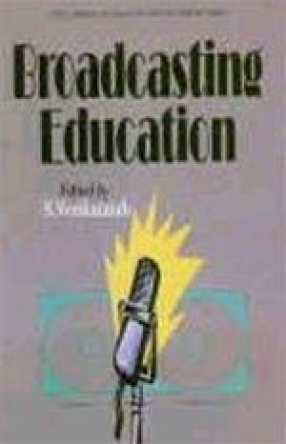
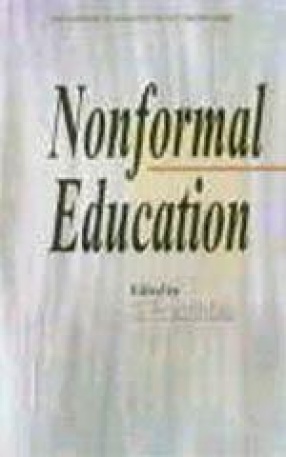


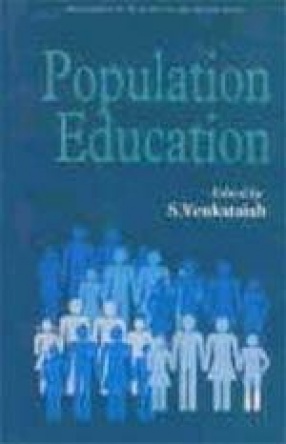




In the realm of education ‘teacher’ possesses the key role. Hence the need of teacher-training. The teacher should take note of the interests, skills and knowledge of each learner and gently guide his explorations into different fields of knowledge. The teacher should learn to view knowledge as a unified field and not perpetuate its arbitrary segmentation. The teacher should develop empathy for the first and second generation learners. The teacher must find ...


Vocational education or training which is currently the real demand, is a nebulous term having differing concepts and meanings. These have arisen from traditional practices and the meaning of terms used and their implication. Basic differences for certain practices and relationships in vocational or occupational education are fundamental in nature and programmes. Vocational education is education/training of workers. It is the education for manual work. It is ...


Is to undergo higher education without any planning beneficial or fruitful? Can 'distance education' be exact alternate option for conventional higher education? These are really vital issues the society has seriously to ponder over. The present book is an attempt to answer these queries in the modern context. Distance education; Teaching and learning in higher education; Distance education: Theory and practice; Opportunities in higher ...






Women constitute half the world population, perform nearly two-third of its work hours, receive one-tenth of the world’s income and own less than one-hundredth of the world’s property. Under such pathetic scene to uplift the condition of women on par with men—only education can help. Besides the academic value, this will prove a dependable reference tool to policy planners and administrators.





For emphatic dissemination of knowledge, advanced communication technology is felt essential on the part of both developed and developing countries. Formal educational broadcasting was started by BBC in 1924. The Australian Broadcasting Company took an attempt for school broadcasting in 1929. The use of radio in education developed very fast in USA in the thirties.The FSBS devotes more than one-half of its radio output to educational and cultural broadcasts. Now ...

The concept of complementarity between formal and non-formal education rests with fulfilling the constitutional obligation of universal elementary education. Nonformal education has character of flexibility in respect of timings, vacations, curriculum and multiple point entry etc. and adjustment according to local specific need of the area and locality. Nonformal education encompasses different sorts of streams like fundamental adult education, vocational ...

An adequate provision of pre-primary instruction should be regarded as an essential adjunct of any national system of education. Pre-primary education in all cases be free. Nursery schools and classes should invariably be staffed with women teachers specially trained for this purpose. This book contains highly useful material derived from authoritative sources. Child education, developmental theories in early education, parent involvement in early childhood ...

Every society on the earth has its own distinct food habits and customs—which mainly bases on local availability of food resources. Due to dearth of awareness and socio-economic conditions people suffer from malnutrition. To satiate the hunger or to fill stomach with food is not enough. A ‘balanced diet’ i.e. scientific combination of nutritive ingredients like protein, fats, vitamins etc. with prescribed calorific value is necessary for proper and healthy ...
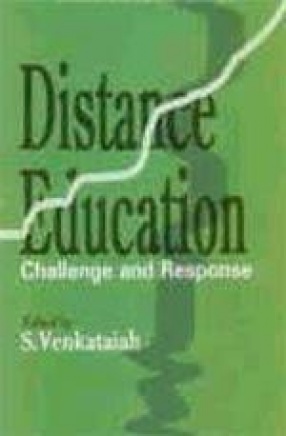
Distance education has been in existence for more than a century. It is the most industrialised form of education. In distance education the goal of linking of learning materials to learning is at the centre of organisational structure. Thus, it is not merely a fringe form of traditional education—where once the learning materials have been developed and dispatched to the student the job is done. The different forms of distance education can be identified by ...

In view of different socio-cultural backgrounds and population policies of the countries, the specific objectives of population education programmes are different. Population education being a value-laden area, one is bound to deal with many issues in implementing this programme. The goals of most of population education programmes generally refer to developing understanding, awareness, attitudes and responsible and informed decision-making and behaviour for ...
